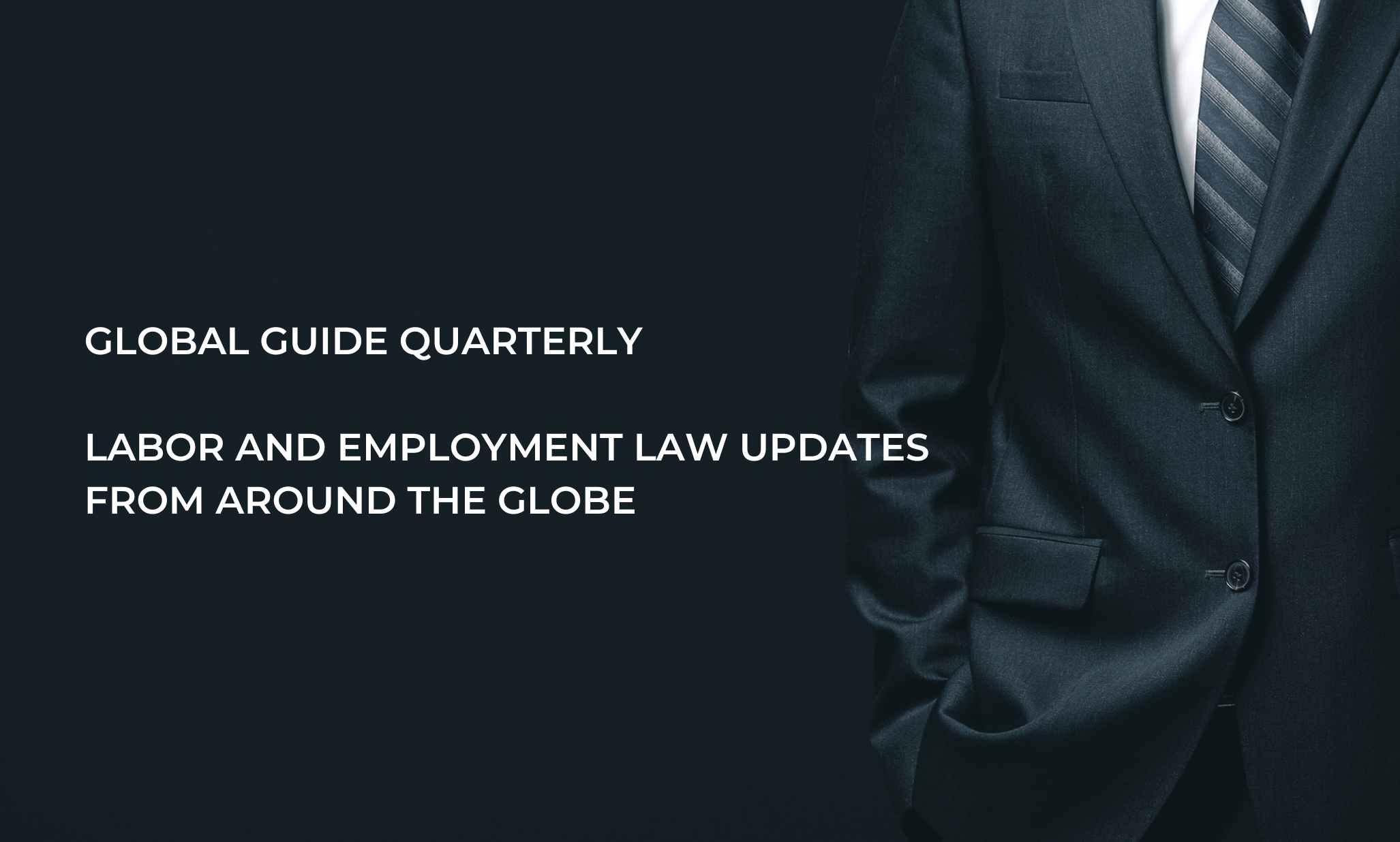

There are no specific requirements or procedures for due diligence before acquiring a company. However, it is common and best practice for a bidder to perform due diligence on the target company before proceeding with an acquisition.
In practice, the due diligence will cover the following:
- corporate organization and general information;
- compliance with general and industry-specific licensing and reporting requirements;
- compliance with reporting requirements;
- assets owned and leased, including real estate;
- borrowings;
- material agreements, including third-party contracts, commitments, and miscellaneous agreements;
- litigation and claims; and
- employees, including key employees.
In the case of public companies, the selling shareholder, being the incumbent controller of the public company, is considered an insider and therefore any sale of shares by that shareholder is subject to applicable rules concerning insiders. The insider rules require any selling shareholder and the buying party to enter into a confidentiality agreement under which the buying party undertakes that any information received (including information from the due diligence process) will be kept confidential and will not be used for any purpose other than a securities transaction with the insider/selling shareholder.
This first appeared in the Chambers Corporate M&A 2019 global guide, published by Chambers and Partners.
This publication is intended for informational purposes only and does not constitute legal advice. Any reliance on the material contained herein is at the user's own risk. You should contact a lawyer in your jurisdiction if you require legal advice. All SSEK publications are copyrighted and may not be reproduced without the express written consent of SSEK.









